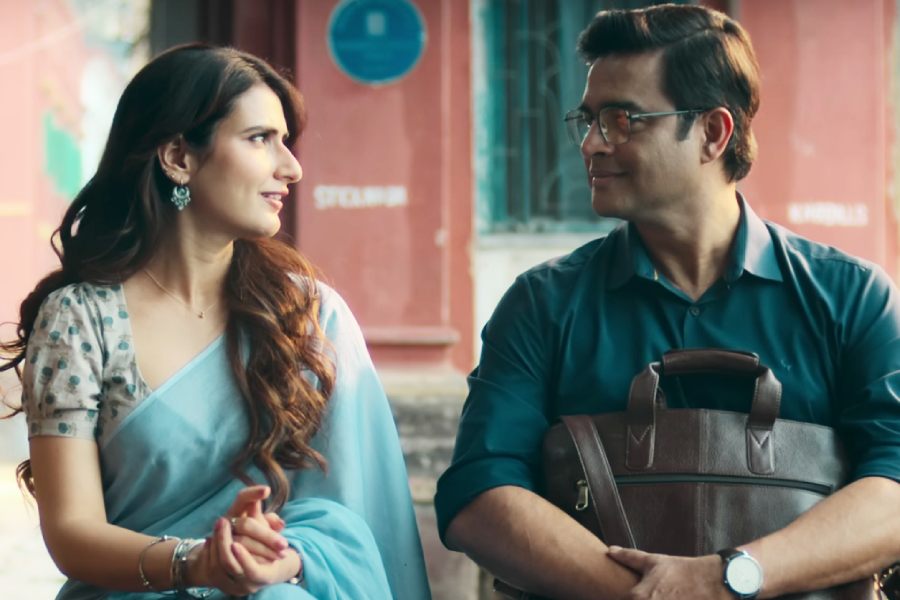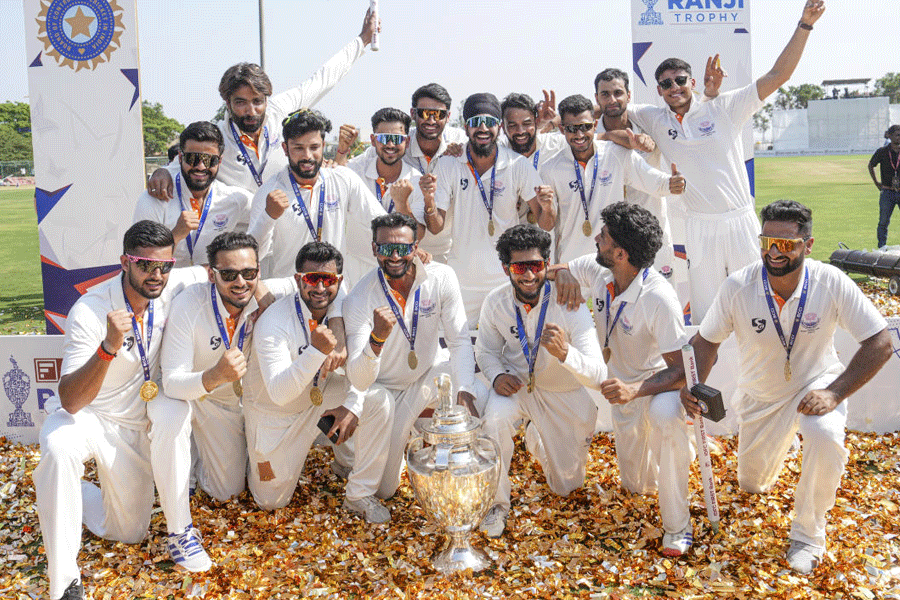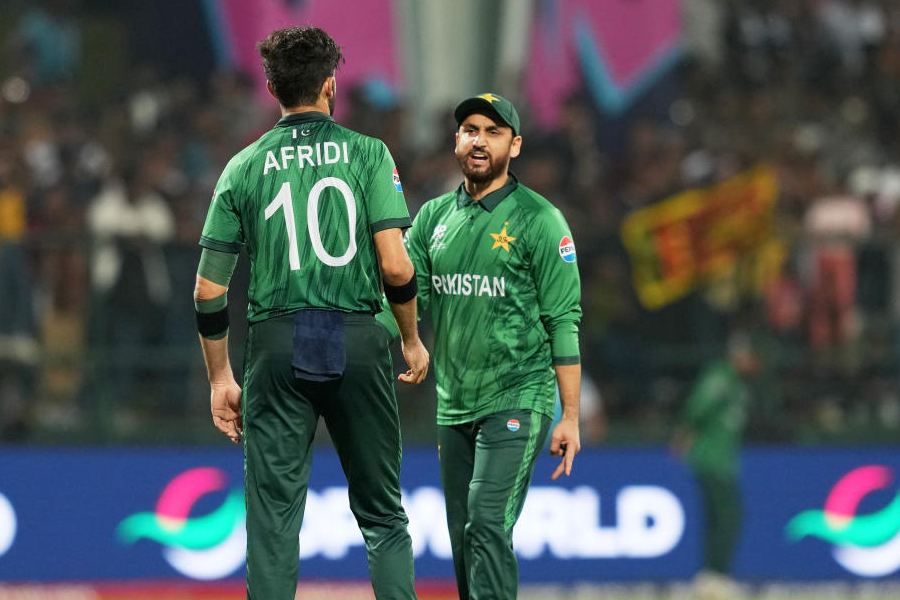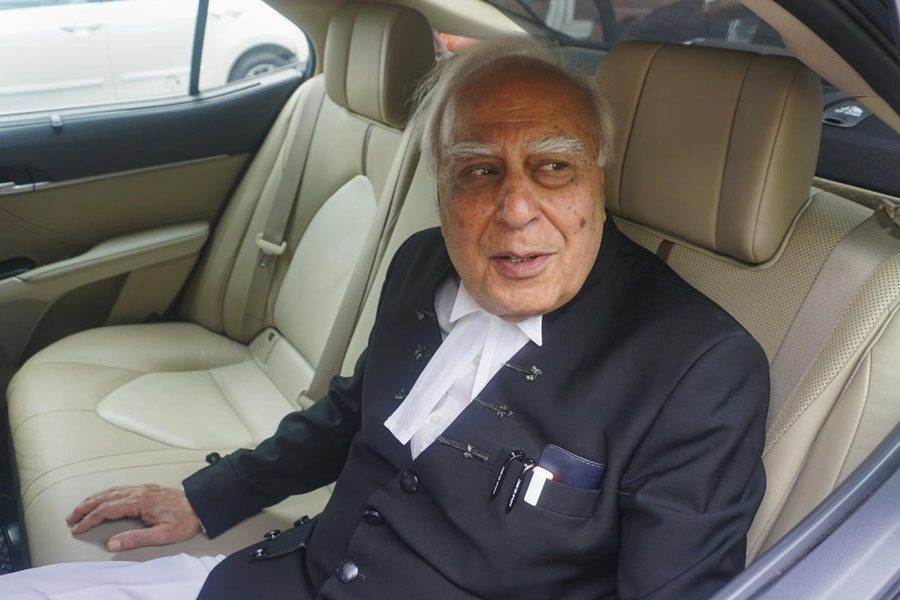R. Madhavan and Fatima Sana Shaikh’s latest romance drama Aap Jaisa Koi, streaming on Netflix since July 11, aspires to be a love story with a social message but fails to hit the mark despite the potential in plot.
It brings together a middle-aged introvert man from a small town and a modern, extrovert woman from a metro city for a relevant take on modern-day relationships, marriage and society. The result, however, is far from engaging.
Madhavan plays Shrirenu Tripathi, a 42-year-old Sanskrit professor from Jamshedpur who has never been in love. Fatima is Madhu Bose, a 32-year-old French teacher from Kolkata who is a free-thinking, independent woman and has had her share of failed relationships.
The narrative kicks off when these poles-apart characters are matched for an arranged marriage. Despite feeling a connection with Madhu, Shrirenu dithers on moving ahead with the relationship because of societal pressures. Madhu, in turn, is disappointed that Shrirenu is no different from the other men she has been with in the past.
Madhavan and Fatima are strong actors, but their chemistry is off in Aap Jaisa Koi. Their scenes together often feel forced. It’s as if they’re aware of the message the film wants to deliver but not fully convinced by the relationship they are meant to portray.
Director Vivek Soni packs the story with social themes. The film talks about patriarchy, sexual freedom, arranged marriages, and culture clashes between families. These are important subjects, but they don’t blend smoothly into the narrative. Instead of flowing naturally, the film feels like it is trying to make too many points at once.
Shrirenu’s family is steeped in old-school values. His elder brother (Manish Chaudhari) is a textbook patriarch who neglects his wife (Ayesha Raza) and raises his daughter with old-school values. On the other hand, Madhu’s family is shown as progressive and liberal. But this Bengali household feeds more into the stereotypes.
The film tries to add some pop culture references. There’s a flashback to a Christmas party where teenagers are obsessed with Kuch Kuch Hota Hai. There’s also a running joke about Ashok Kumar being Madhu’s celebrity crush. But these references feel more like decoration and hardly add any depth to the story.
In the final moments, the film pays tribute to Jamini Roy’s art, but like many other parts of the story, it feels superficial. Even the pet mouse Shrirenu talks to in the beginning disappears halfway through the film, as if it were a metaphor for the film’s inconsistency.
The treatment of Aap Jaisa Koi lacks novelty. We’ve already seen culture clashes in recent films like Rocky Aur Rani Kii Prem Kahaani, and coincidentally, the progressive family in that Karan Johar directorial was a Bengali household.











